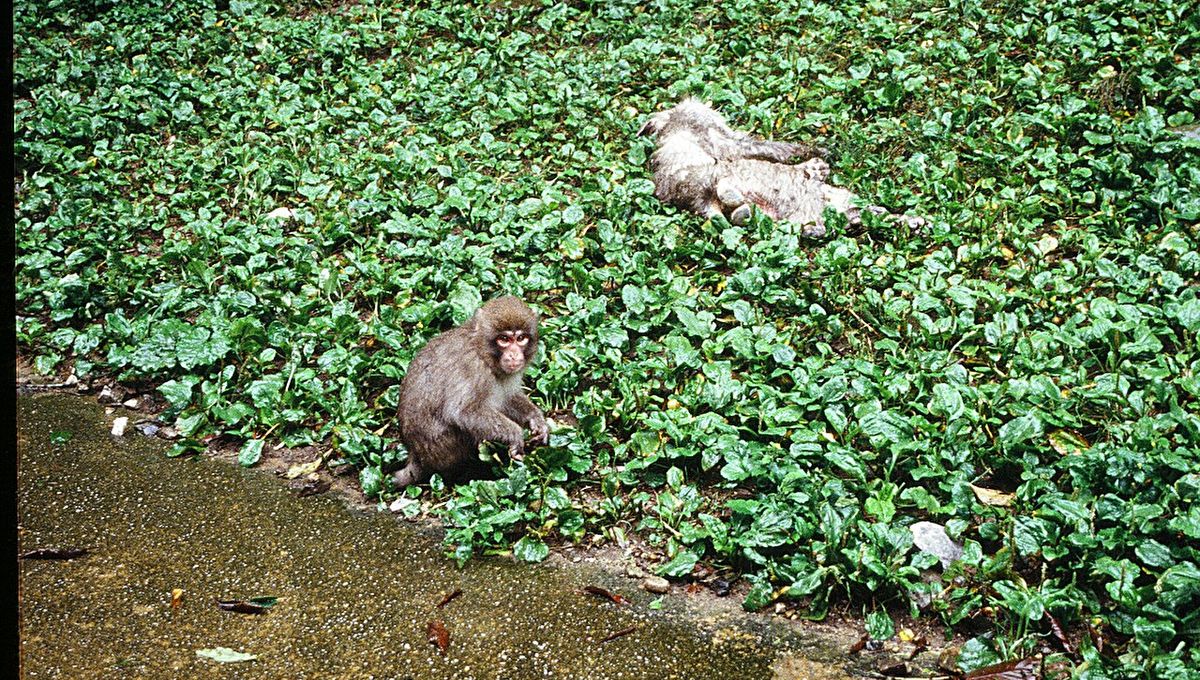
The list of animals that grieve their deceased loved ones may just have gained a new entry, as a group of Japanese macaques from Okayama Prefecture has now been documented interacting with dead group members in a number of surprising ways. Notably, the monkeys displayed a tendency to continue grooming the corpses of those they had close social relationships with, which may suggest a form of mourning.
“By tracking which individuals were near the deceased and recording their behaviors, we were able to show that their reactions to death were significantly influenced by social bonds,” explained Masayuki Nakamichi, author of a new study about the macaques’ responses to death.
“The fact that some individuals remained near deceased companions they had close relationships with suggests that these macaques have emotional capacities that resemble human compassion,” added co-author Kazunori Yamada in a statement. “It shows that strong social bonds can affect the behavior of macaques, even after death.”
Presenting observations spanning a period of 14 years, the researchers describe how the monkeys reacted to the loss of four group members, including two alpha males, another high-ranking male, and a high-ranking female. Among the more surprising findings was that the macaques’ responses varied depending on the time of year, as corpses tend to become infested with maggots faster in the warmer months.
Three of the four deaths occurred in summer, resulting in the bodies rapidly being taken over by flies and maggots. In such cases, the macaques generally displayed an aversion to the corpses, refusing to touch or even approach them.
However, the fourth example – involving a high-ranking male – occurred in winter, which meant the corpse remained untainted for longer. According to the study authors, most group members simply sat near the body, although one young female was seen grooming the dead monkey.
“It seems likely that the juvenile female had grooming interactions with [the dead male] before his death,” write the researchers, highlighting the close bond that existed between the pair. Not only do they interpret this as possible evidence of mourning, but they also say that the macaques’ behavior could represent “a fundamental step in the awareness of death.”
Previous research has revealed similar responses in a number of other species, with orcas, dolphins, and chimps all having been observed clinging to the bodies of dead infants in a heartbreaking display of grief. Dogs and cats also appear to become melancholy following the loss of an owner or a companion pet, while some Asian elephants are known to bury their dead calves, occasionally wailing in anguish.
However, Nakamichi is cautious not to jump to any conclusions about the capacity of macaques to mourn or grieve in the way that humans do, instead calling for further research into the subject. “More observations of death-related events in more species will be needed to fully understand the emotional responses of non-human primates to the dead,” he said.
The study has been published in the journal Primates.
Source Link: Japanese Macaques May Mourn Their Dead – As Long As They're Not Maggot-Infested